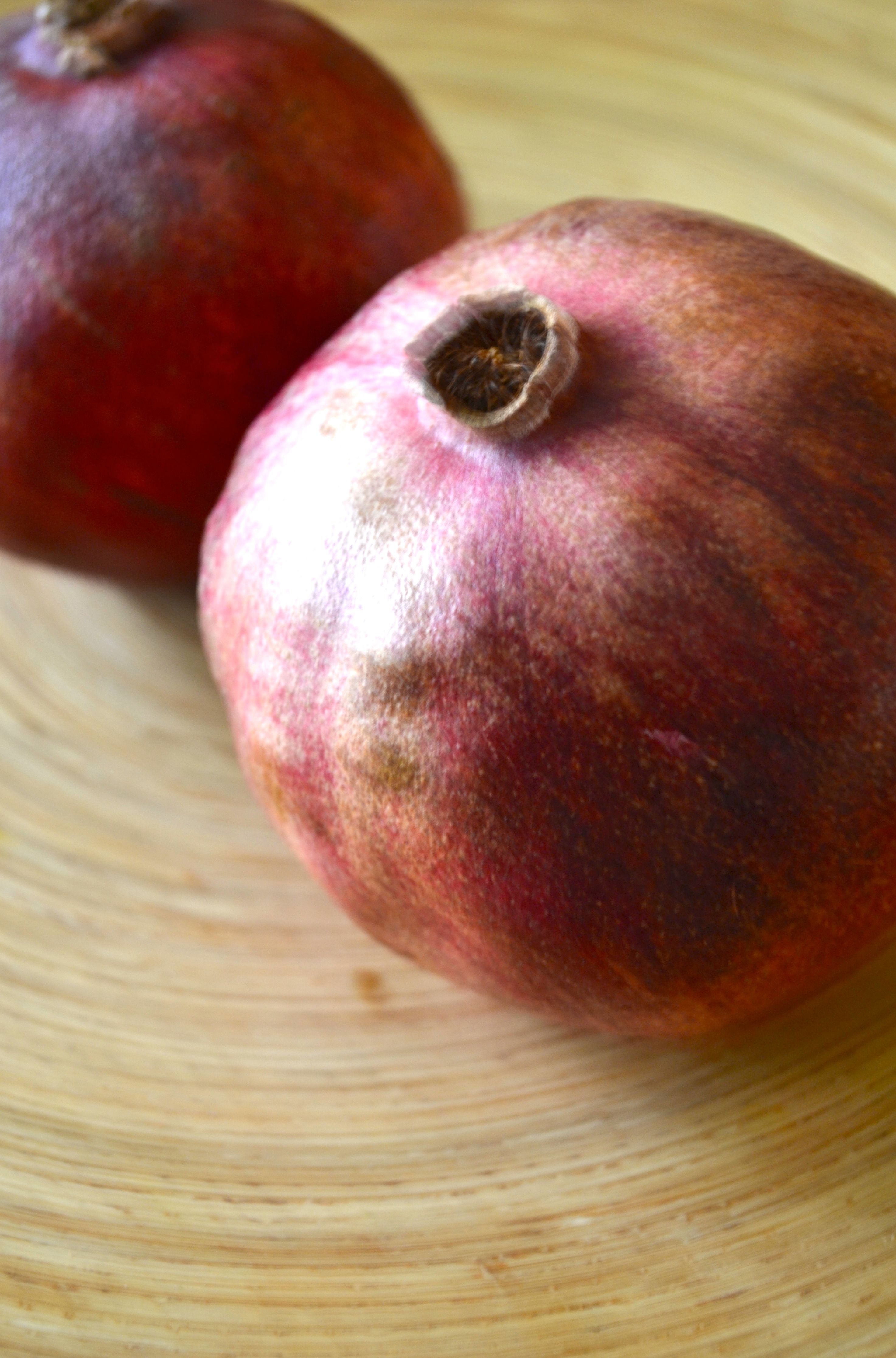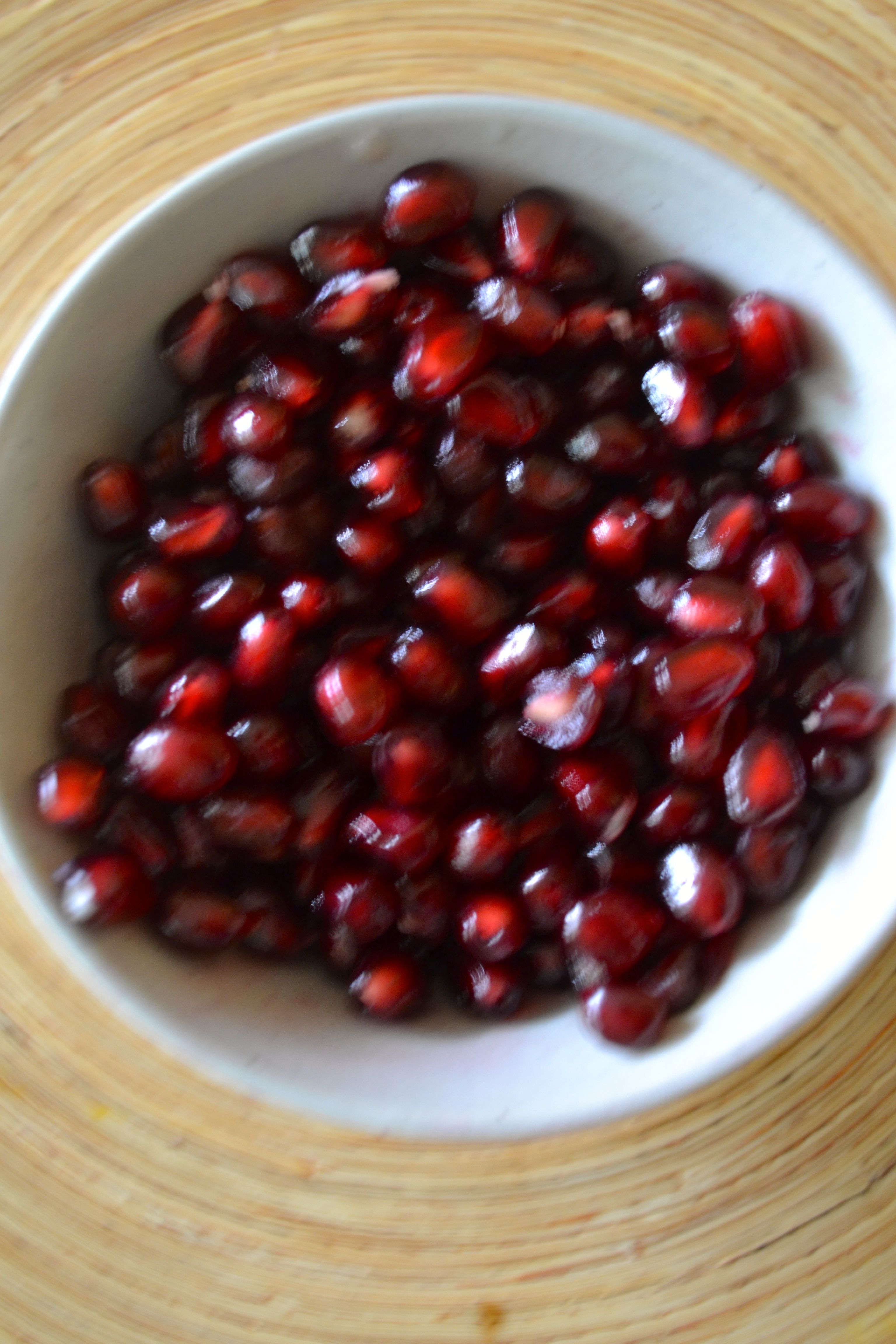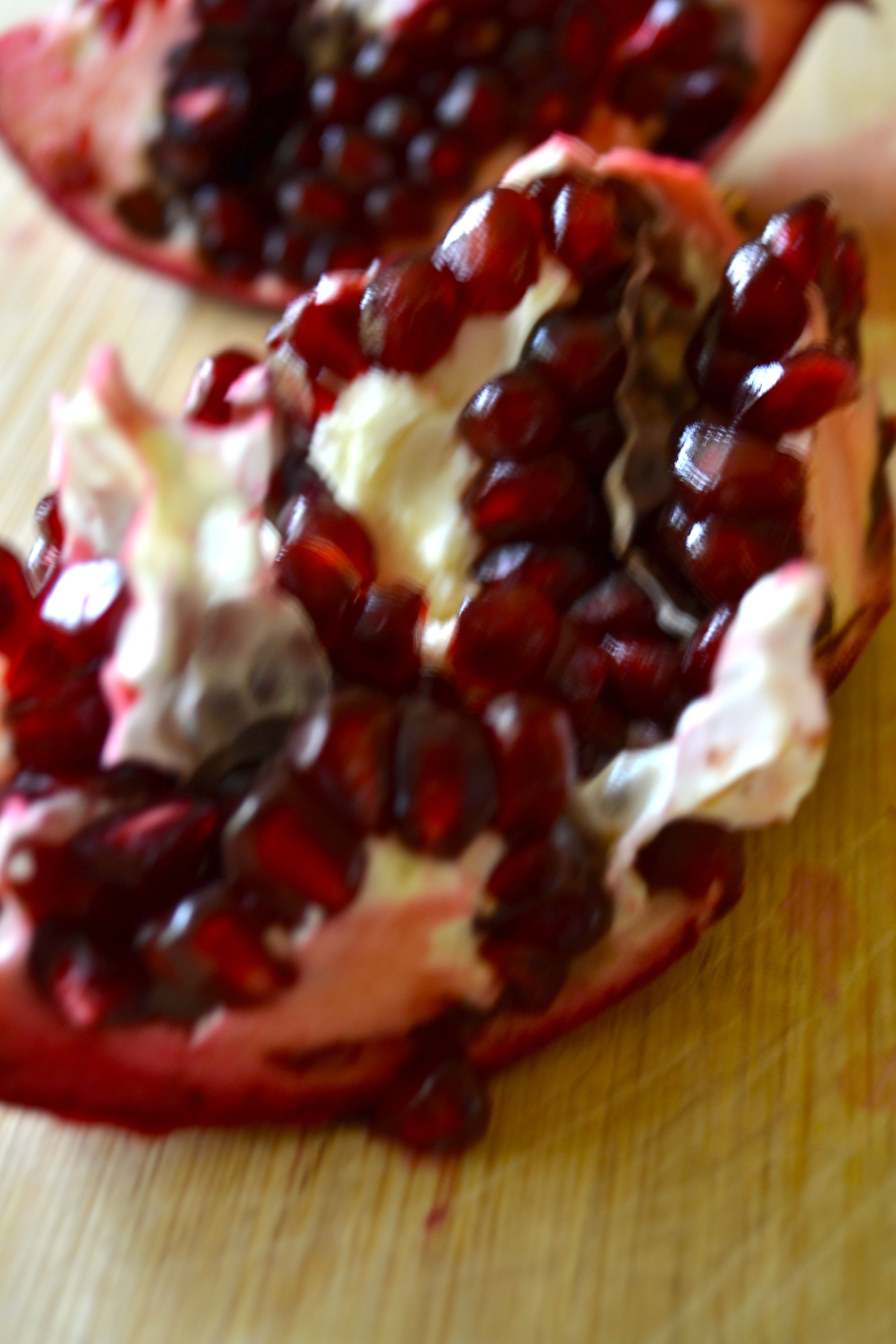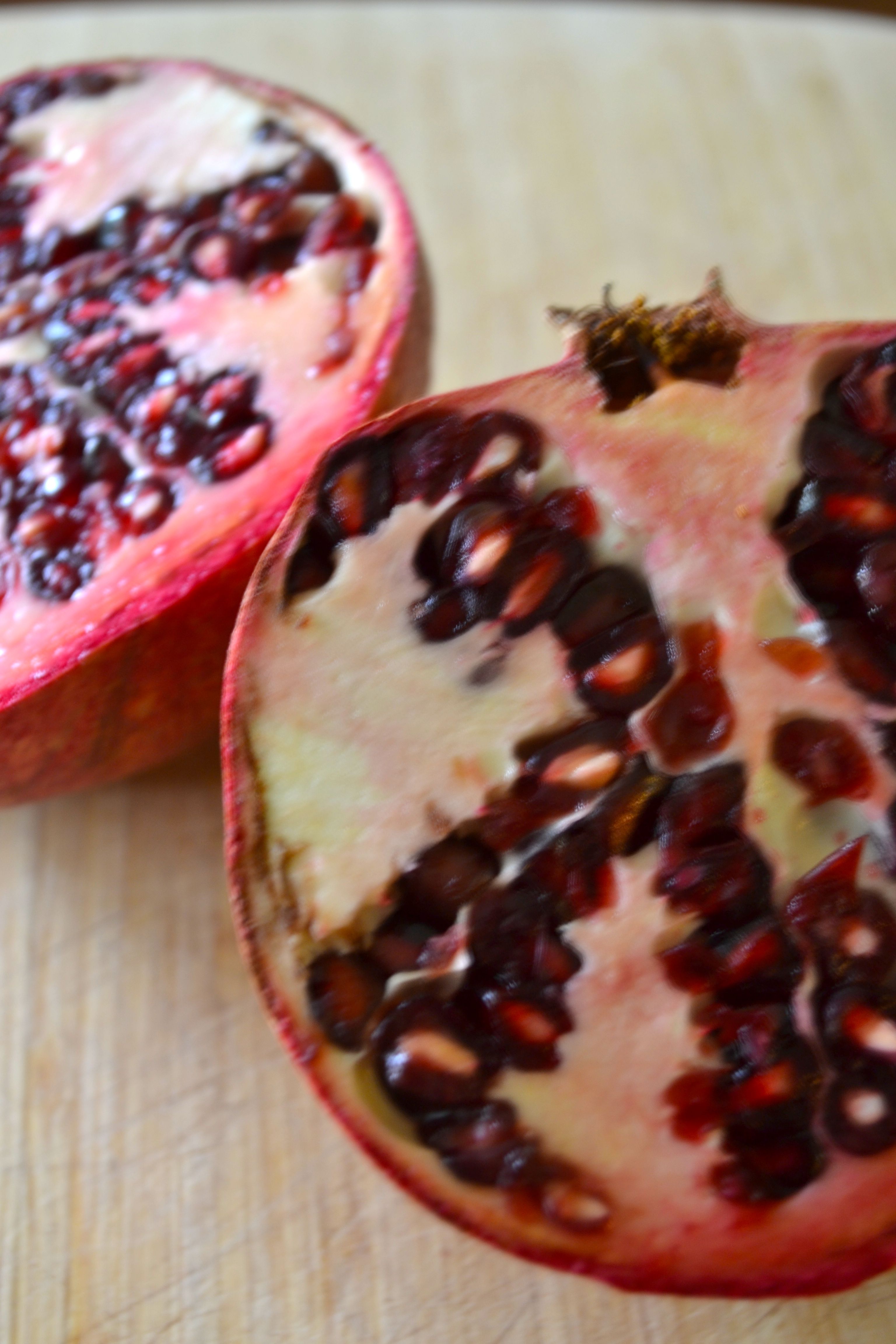A Golden Elixir for the Common Cold
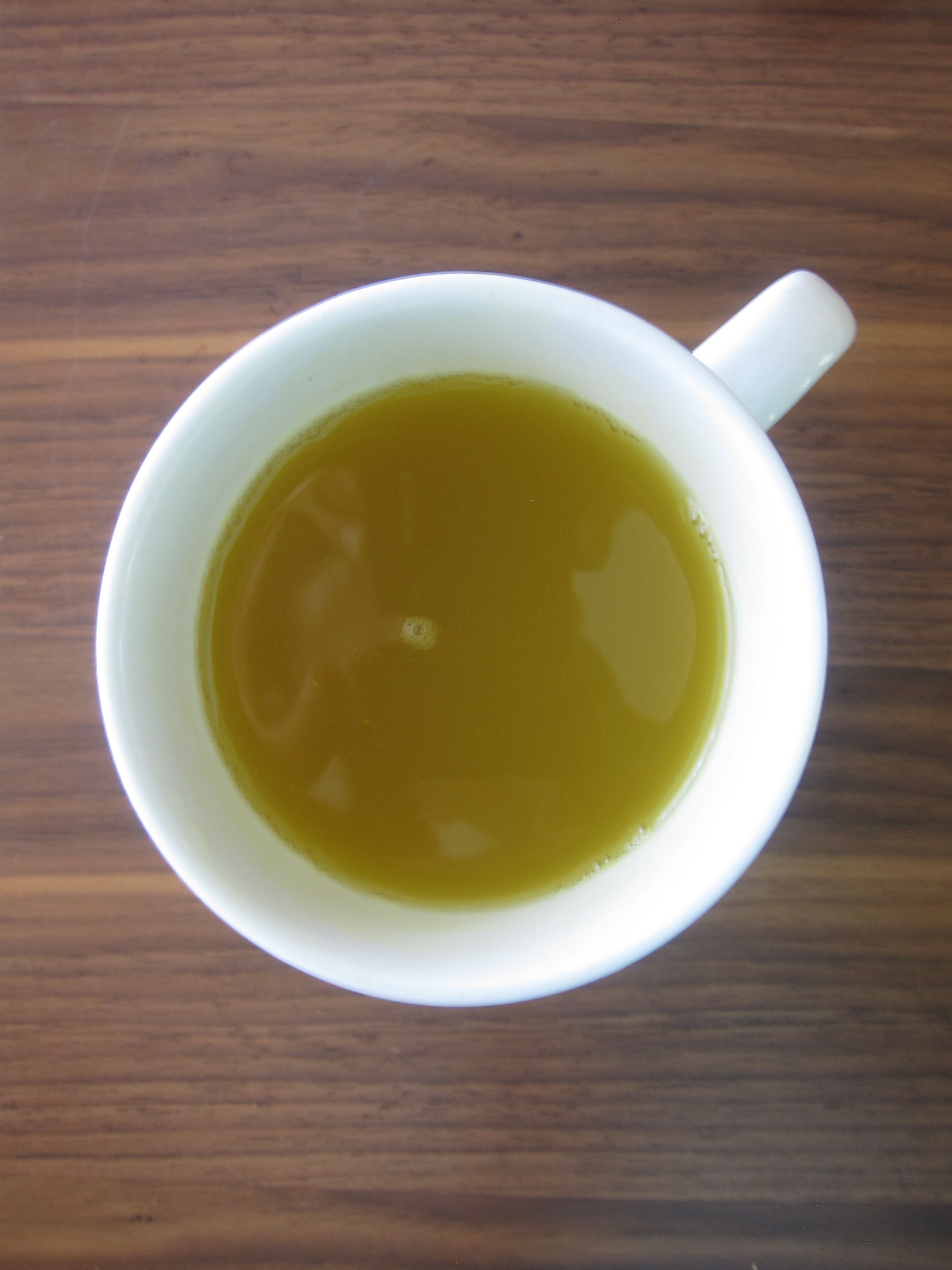
As daylight ebbs and fades and shadows lengthen and stretch, the unfolding of winter is upon us. The season can evoke a gorgeous quietude – a period of inner reflection. For many of us, however, it is teeming with stress (holiday- related and otherwise). This sets the stage for one of the most ubiquitous ailments: the common cold.
I find myself coming back to his elixir time and time again. The individual spices each on their own confer astounding health benefits . Together, they are an salutary force of staggering proportion. (Please note, this recipe contains honey and honey is not to be given to children under the age of one year). I hope this special brew helps you feel better.
Emu oil for Eczema: Just thank the bird
 Photo credit: Richard Gifford
Photo credit: Richard Gifford
My oldest son has suffered egregiously with eczema for many years. A particularly harrowing bout was when he was 2½ years old. His skin had gotten leathery, parched, and mottled. I recall one evening when we went to change his diaper and clothes, his pajamas and diaper were full of with mysterious little black flakes. My husband thought he had soiled himself and his entire body with poop. The dark shavings, were everywhere, but his diaper was completely dry and the telltale scent was absent. I slowly realized that the black flakes were dead skin cells that had fallen off. I remember that moment with equal parts horror and despair.
At that instant, I decided to try the Emu oil. So many products promised the rapture of soft, supple skin and we only knew too well than to put all of our hopes into a bottle (as organic and chemical free as it might be). The next morning when he awoke, I was shocked to see that his skin looked moist and dewy. His skin had not been this resplendent since he was a newborn babe!

Photo Credit: Geoff Reynolds
Historically, emu oil has been prized for its anti-inflammatory properties in aboriginal medicine. It has been used topically for inflammatory arthritis, pain, and wound healing for centuries in aboriginal culture. Emu oil is rich in omega-3, omega 6, and omega 9 fatty acids. It is a potent anti-inflammatory. In animal studies, emu oil has been found to decrease inflammation and promote wound healing in superficial stage 2 burns. It actively decreases pro-inflammatory chemicals such as tumor necrosis factor- alpha in the healing tissues. Because eczema is a condition of chronic skin inflammation, it makes sense that emu oil can provide therapeutic benefit.

